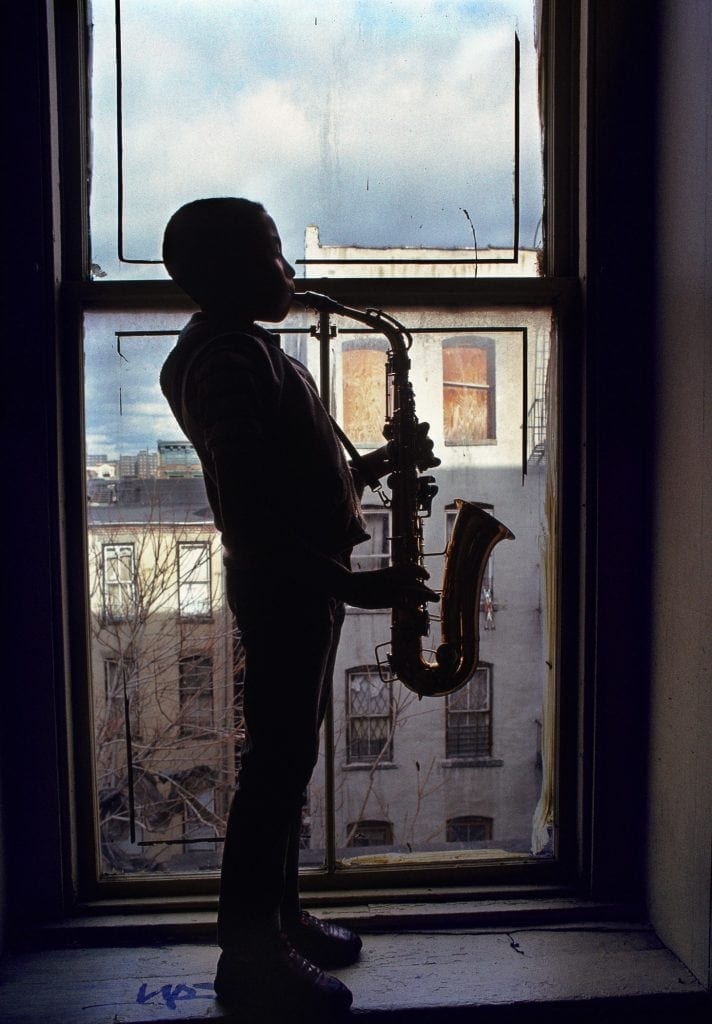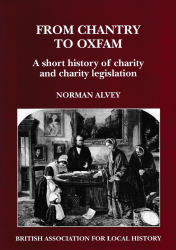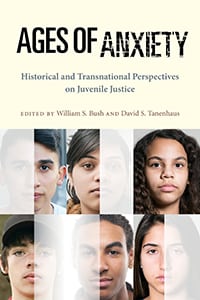
Ages of Anxiety Historical and Transnational Perspectives on Juvenile Justice

news, new scholarship & more from around the world

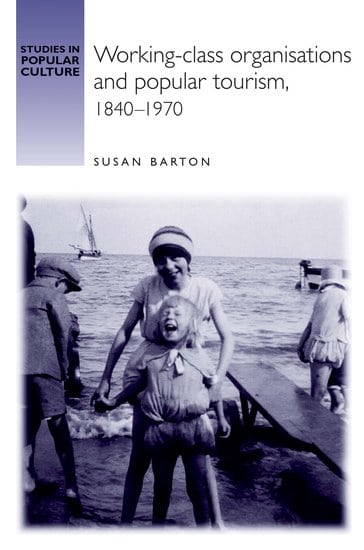
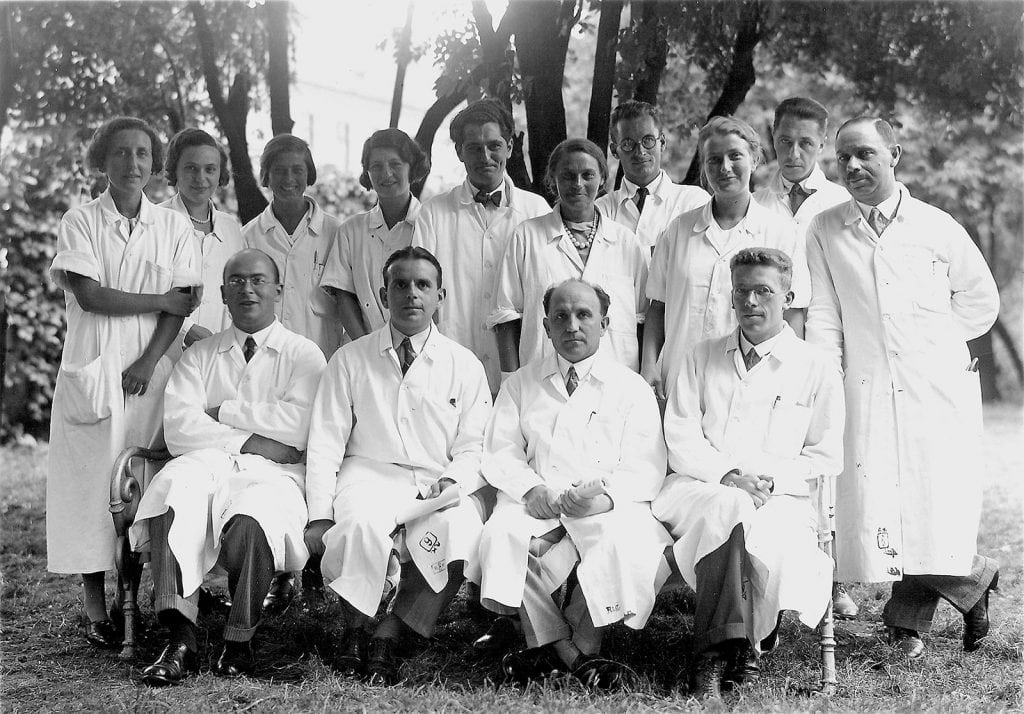
Hans Asperger, bottom right, with the staff of the Vienna Children’s Hospital, 1933
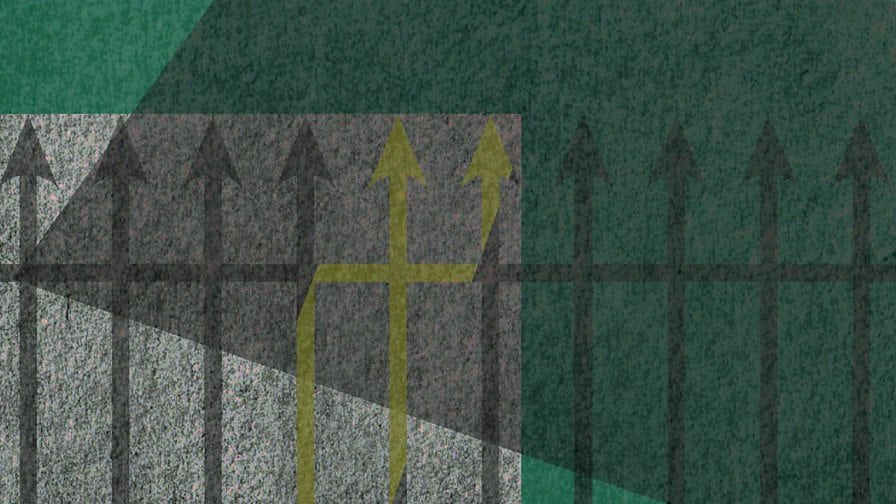
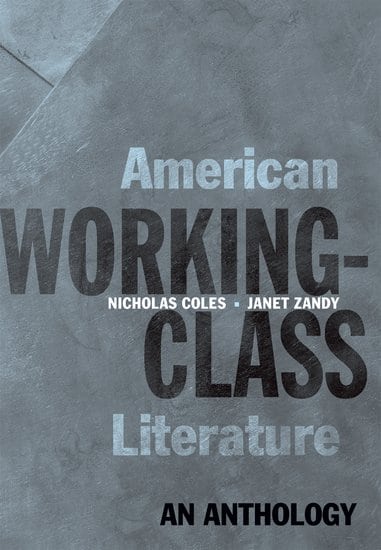
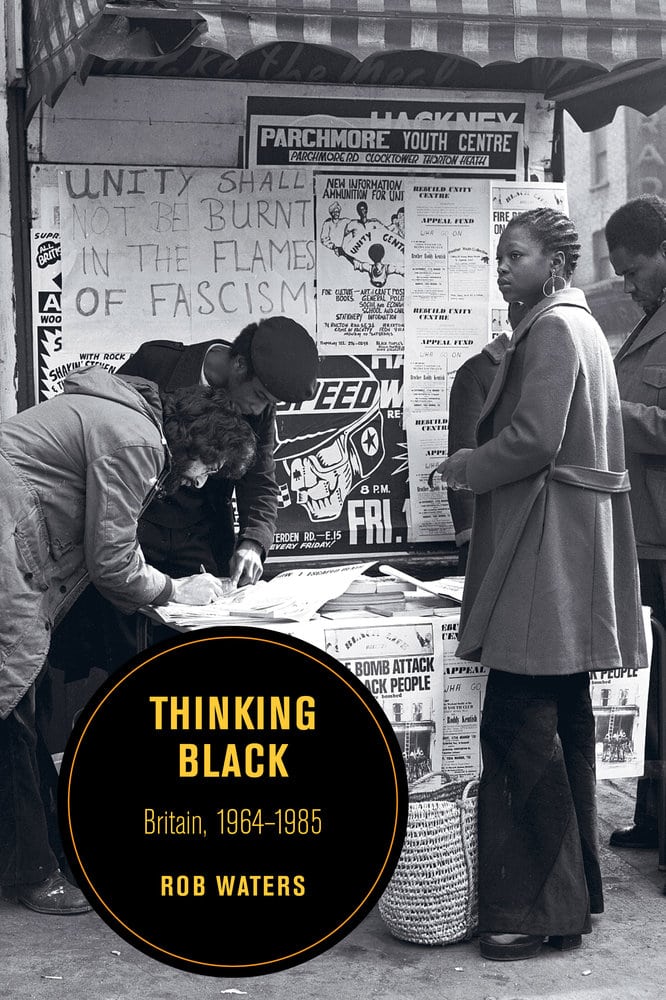


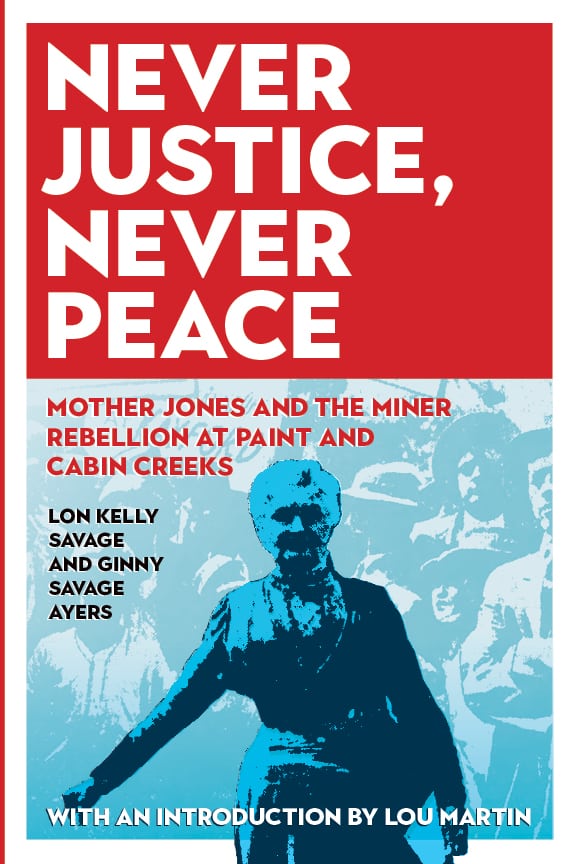
Savage and Ayers offer a narrative history of the strike that weaves together threads about organizer Mother Jones, the United Mine Workers union, politicians, coal companies, and Baldwin-Felts Detective Agency guards with the experiences of everyday men and women. The result is a compelling and in-depth treatment that brings to light an unjustly neglected—and notably violent—chapter of labor history.
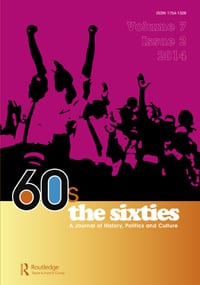
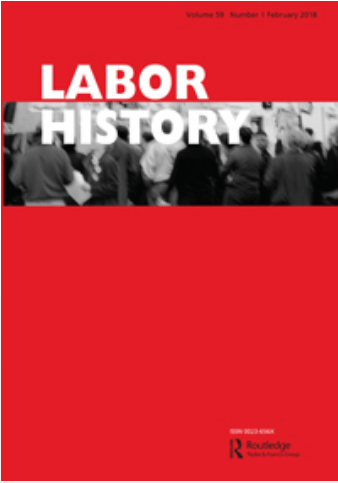

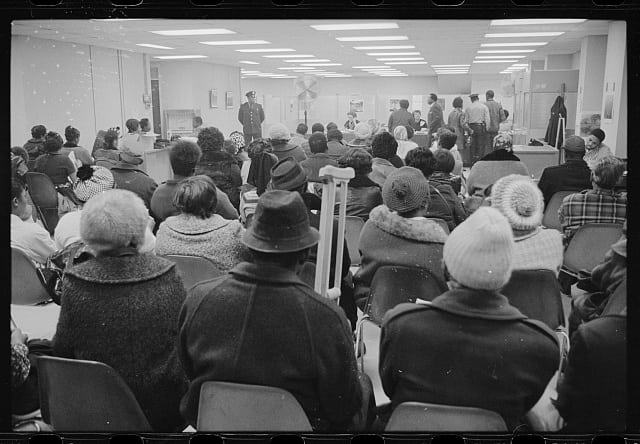
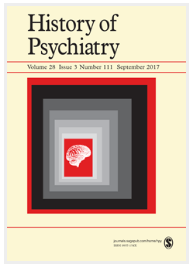
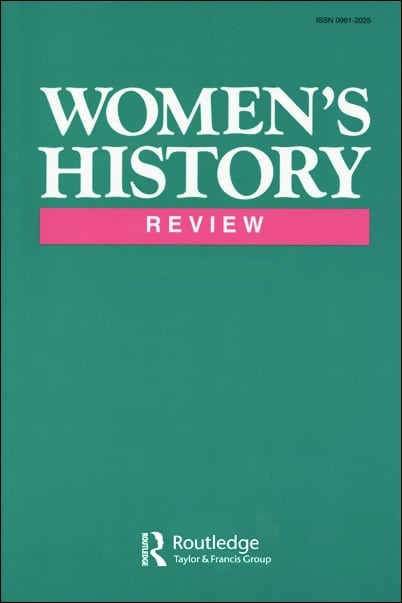
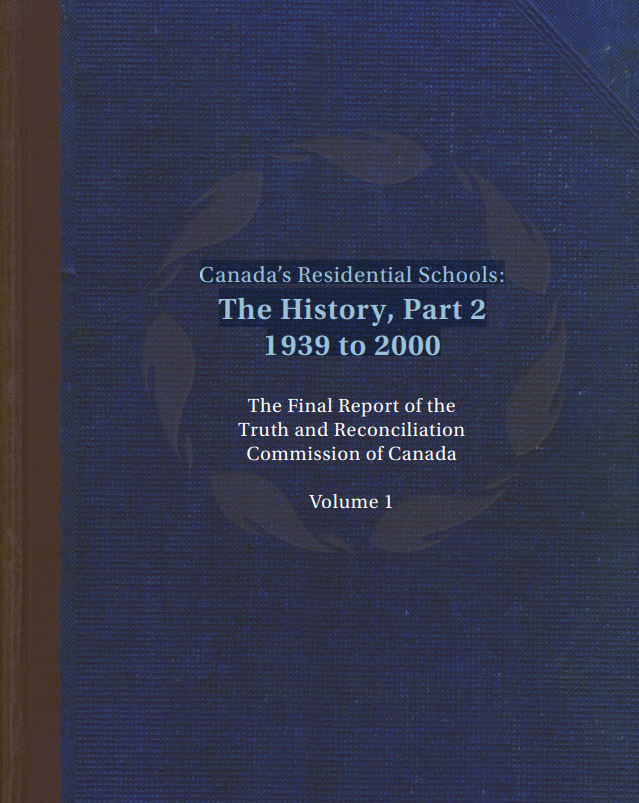


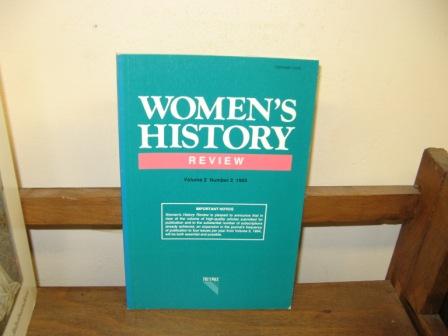

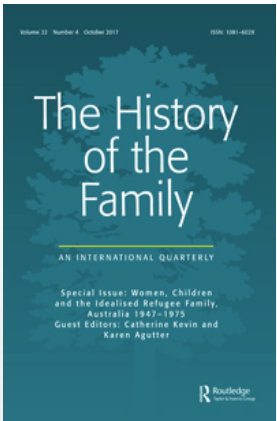
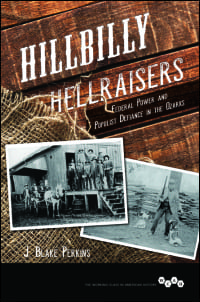



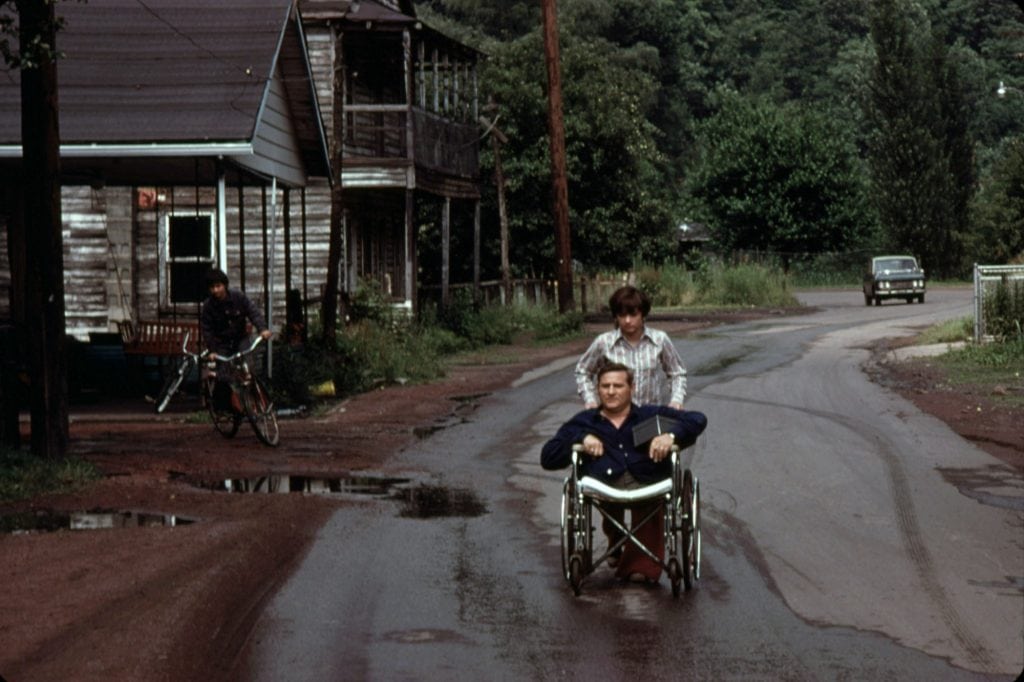
A former miner, disabled when a roof caved in, is wheeled down the street by his daughter in Rhodell, West Virginia. He waited eighteen years for his worker’s compensation from the accident, 1974.
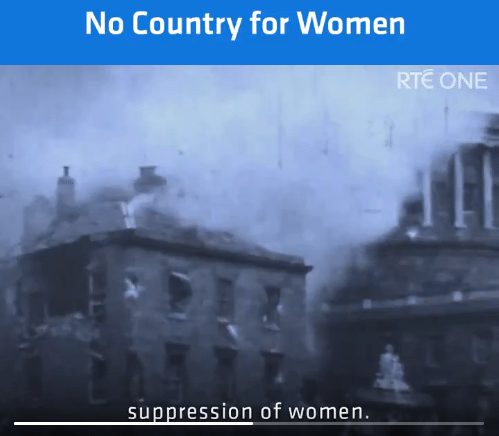
No Country for Women is a new landmark television two part documentary series which explores Irish women’s lives since achieving the vote 100 years ago.
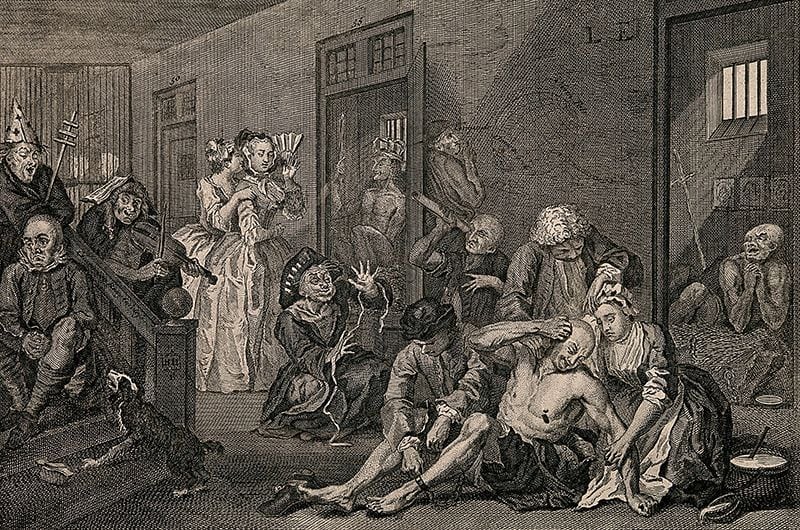
The scene in Bethlem asylum, London, in William Hogarth’s 1735 A Rake’s Progress.
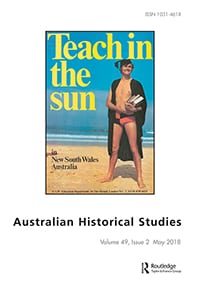

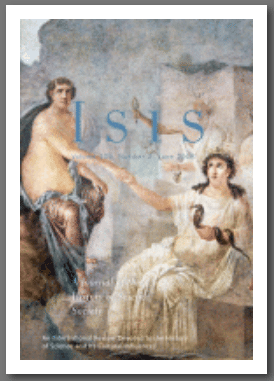
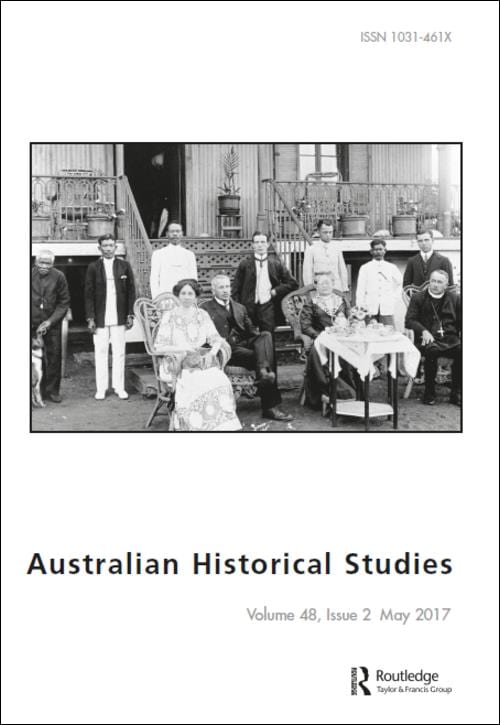
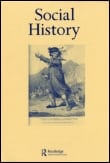
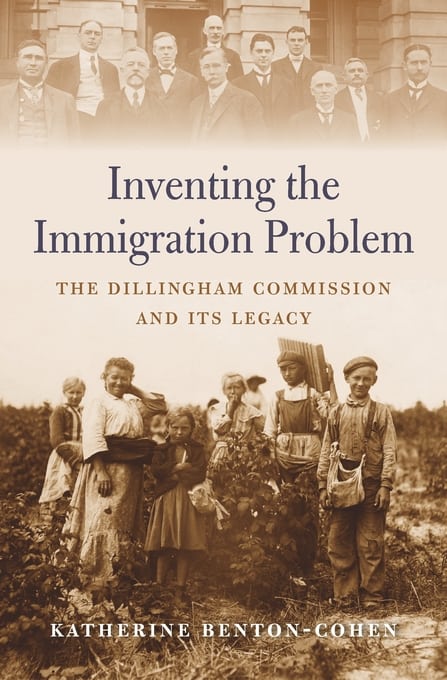
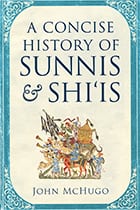
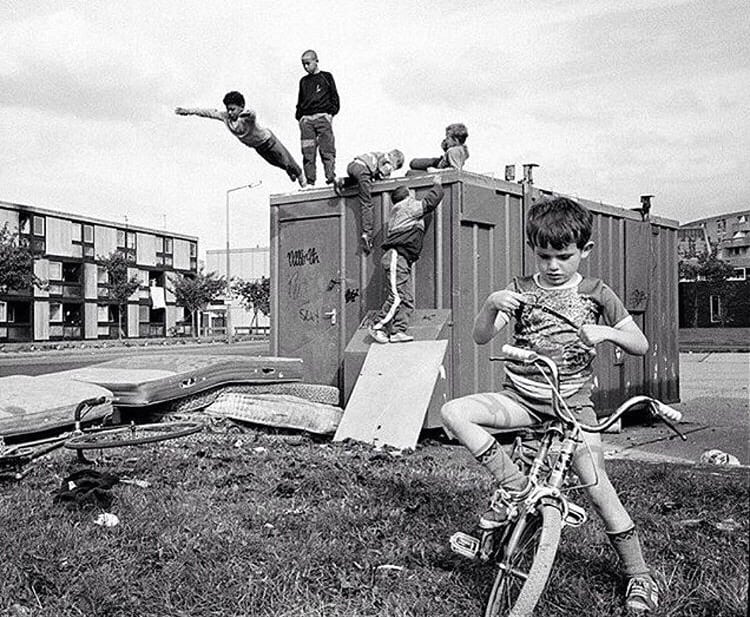
1986
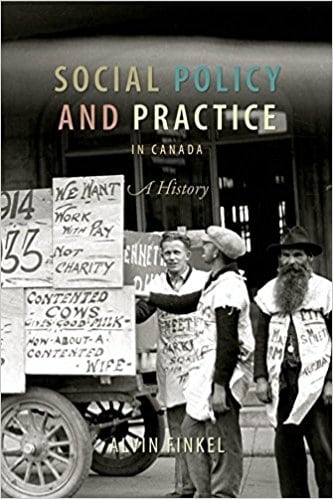

The story of one of the largest working class rebellions in American history. 300,000 workers participated in North America’s largest general strike to that date, radio stations were seized, factories were occupied, and entire towns were brought under workers’ control, and it won important gains.

Behaving Badly in Early and Medieval China presents a rogues’ gallery of treacherous regicides, impious monks, cutthroat underlings, ill-bred offspring, and disloyal officials. It plumbs the dark matter of the human condition, placing front and center transgressive individuals and groups traditionally demonized by Confucian annalists and largely shunned by modern scholars. The work endeavors to apprehend the actions and motivations of these men and women, whose conduct deviated from normative social, cultural, and religious expectations.
